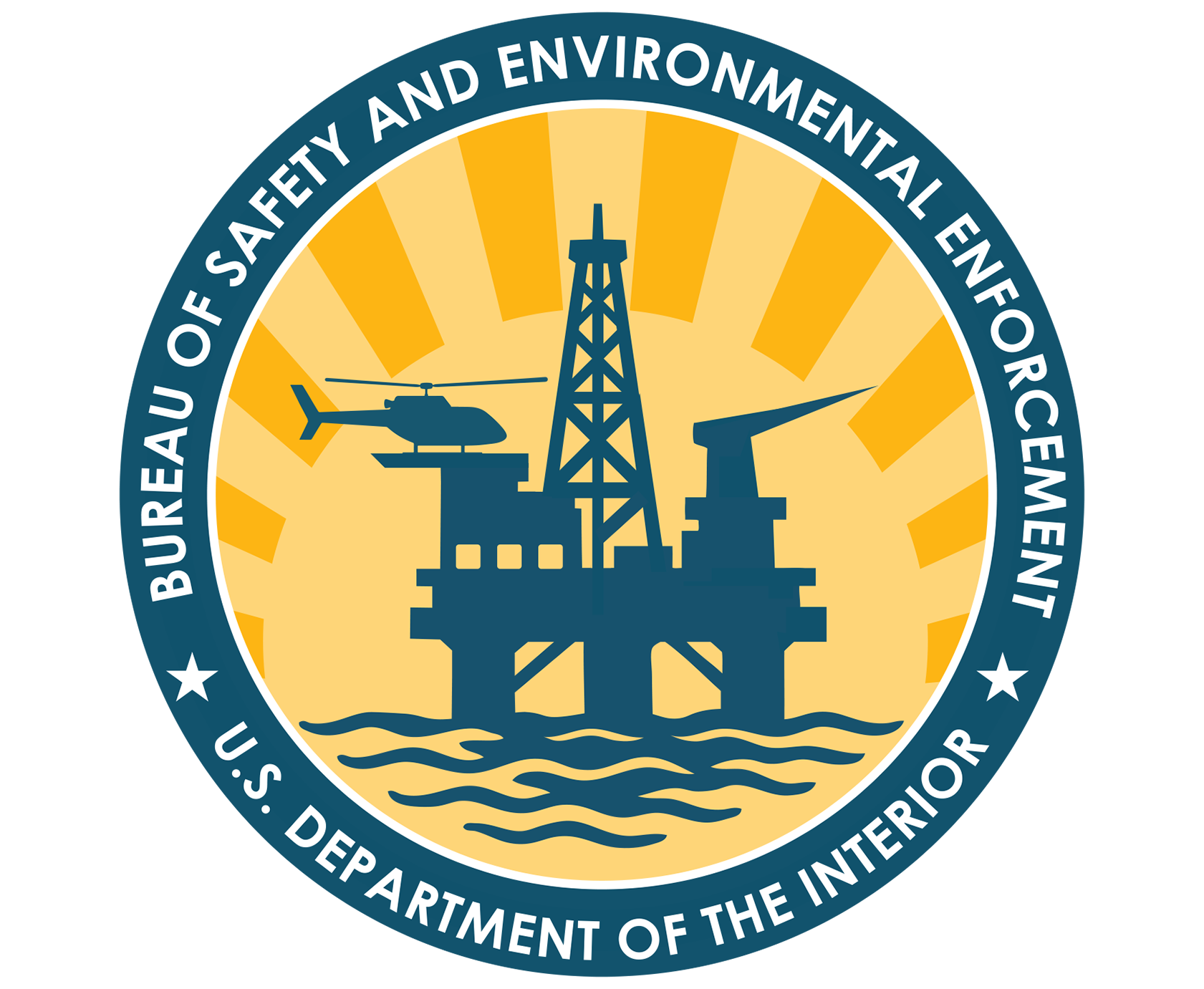BSEE is committed to an enduring culture of scientific and scholarly integrity. Our mission of safety, environmental protection, and resource conservation requires us to understand the latest advances impacting the offshore energy industry. In pursuit of its mission, BSEE oversees studies and partners with scientific committees, other federal agencies, and academics to make research findings on science and technology available to decision-makers, with integrity and high quality. Scientific integrity is critical to ensuring sound decisions and maintaining the public’s trust. Scientific Integrity is the condition that occurs when persons covered by this chapter adhere to accepted standards, professional values, and practices of the relevant scientific community, including, the DOI Code of Scientific and Scholarly Conduct and Departmental standards for the performance of scientific activities for DOI employees and covered outside parties. Adherence to these standards ensures objectivity, clarity, reproducibility, and utility of scientific and scholarly activities and assessments and helps prevent bias, fabrication, falsification, plagiarism, outside interference, censorship, and inadequate procedural and information security.
Scientific integrity is vital to Department of the Interior (DOI) activities under which scientific research, data, summaries, syntheses, interpretations, presentations, and/or publications are developed and used. Failure to uphold the highest degree of scientific integrity will result not only in potentially flawed scientific results, interpretations, and applications but will damage DOI’s reputation and ability to uphold the public’s trust. The policy applies to all DOI employees, including political appointees, as well as, contractors, cooperators, partners, permittees, leasees, grantees, and volunteers, when they engage in, supervise, manage, or influence scientific and scholarly activities, or communicate information about the Department's scientific and scholarly activities, or utilize scientific and scholarly information in making agency policy, management or regulatory decisions.
For more information:
Guillermo Auad, PhD
Senior Research Coordinator and Scientific Integrity OfficerOffice: 703-787-1759
science@bsee.gov
Helpful links:
- Department of the Interior’s Scientific Integrity Policy
- Department of the Interior’s Code of Scientific and Scholarly Conduct (PDF poster of the Code)
- Executive Order 14303, Restoring Golden Standard Science
